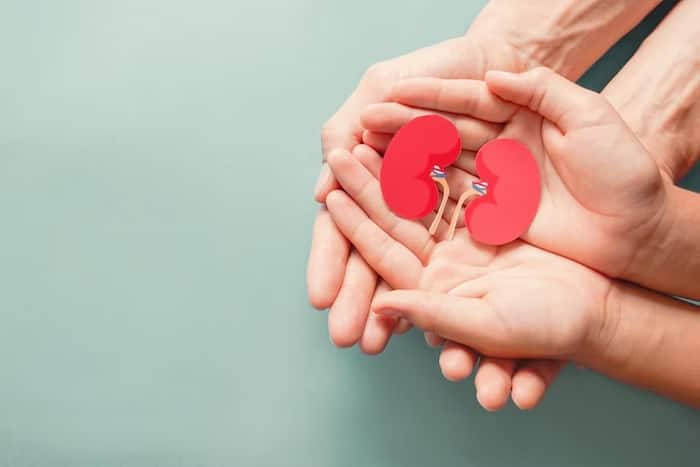Over time, untreated hypertension can lead to several complications. Here are six causes you need to know about, one of which is kidney damage
DOCTOR VERIFIED
High blood pressure or hypertension is one of the known risk factors for cardiovascular problems, but its impact on the kidneys is often underestimated. Your kidneys and circulatory system depend on each other for good health. The kidneys help filter waste and extra fluid from the blood, using many blood vessels. Over time, untreated hypertension can lead to several complications, including damage to the kidneys. Dr. Puneet Bhuwania, consultant nephrologist and kidney transplant physician discussed six unusual ways in which high blood pressure can affect the kidneys.
High blood pressure and kidney disease
- Microvascular damage: The high blood pressure effect extends to the small blood vessels in the kidneys. Capillaries responsible for filtering waste from the blood can become damaged and kidney function is compromised, reducing blood flow and accelerating the progression of kidney disease.
- Decreased filtration capacity: Long-term high blood pressure takes a toll on the filtration process of the kidneys. These vital organs struggle to filter blood efficiently, which impacts their ability to maintain electrolyte and fluid balances that are crucial to the body's overall function and causes a variety of kidney problems.
- Kidney stone formation: The increased pressure changes the composition of urine, leading to the formation of crystals and the development of kidney stones.
- Exacerbation of proteinuria: did you know? Proteinuria is characterized by excess protein in the urine and becomes a problem for people with high blood pressure. The link between hypertension and kidney health becomes apparent because increased pressure causes proteinuria, which is a warning sign of possible kidney problems.
- Atherosclerosis Impact: The link between high blood pressure and atherosclerosis involves the kidneys. Atherosclerosis means the hardening and narrowing of the arteries, disrupting blood flow to the kidneys and contributing to kidney dysfunction.
- Hormonal imbalance: Hypertension disrupts the production of hormones that are crucial for kidney and heart function.
Understanding these less common but impactful ways that high blood pressure affects the kidneys underscores the need for proactive management. Regular checkups, lifestyle adjustments, and taking prescribed medications become essential to avoid the risks associated with high blood pressure and maintain kidney health.


